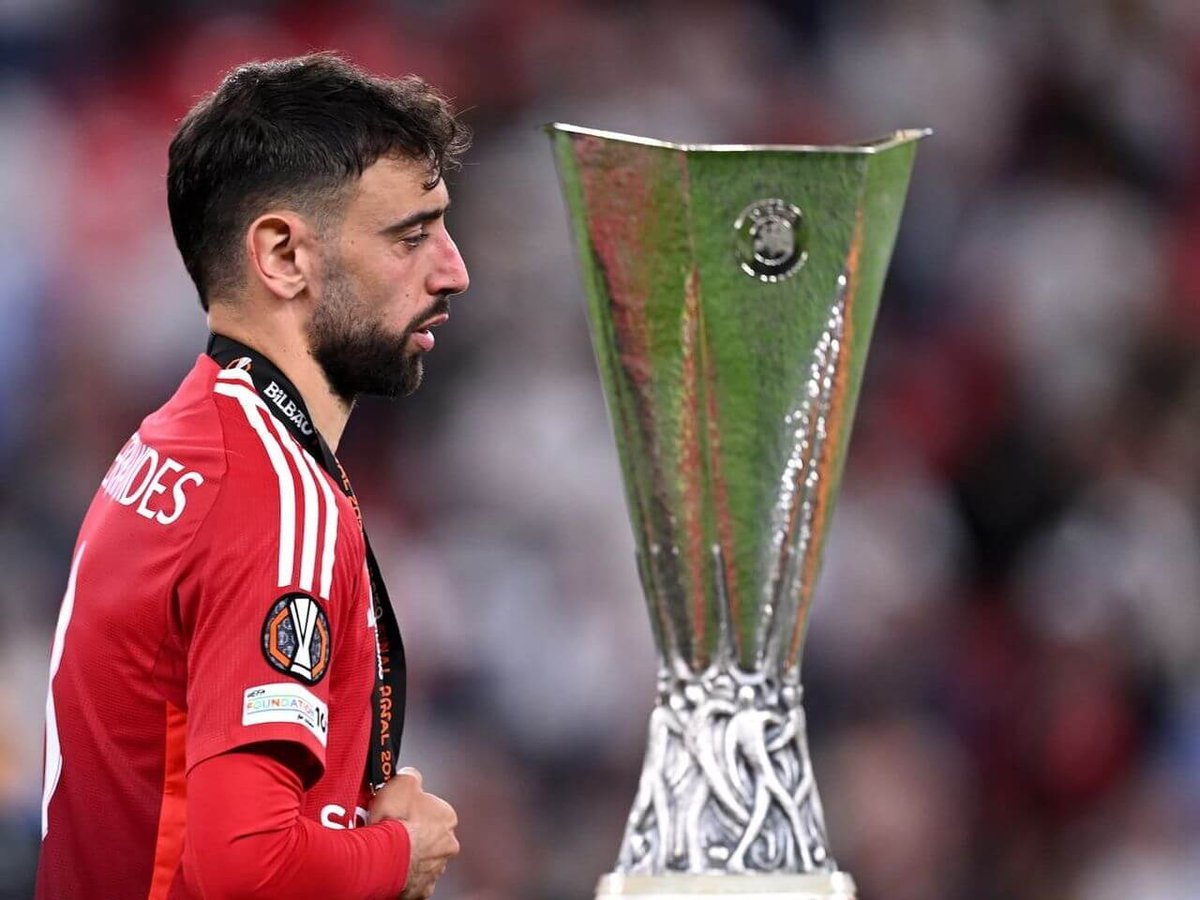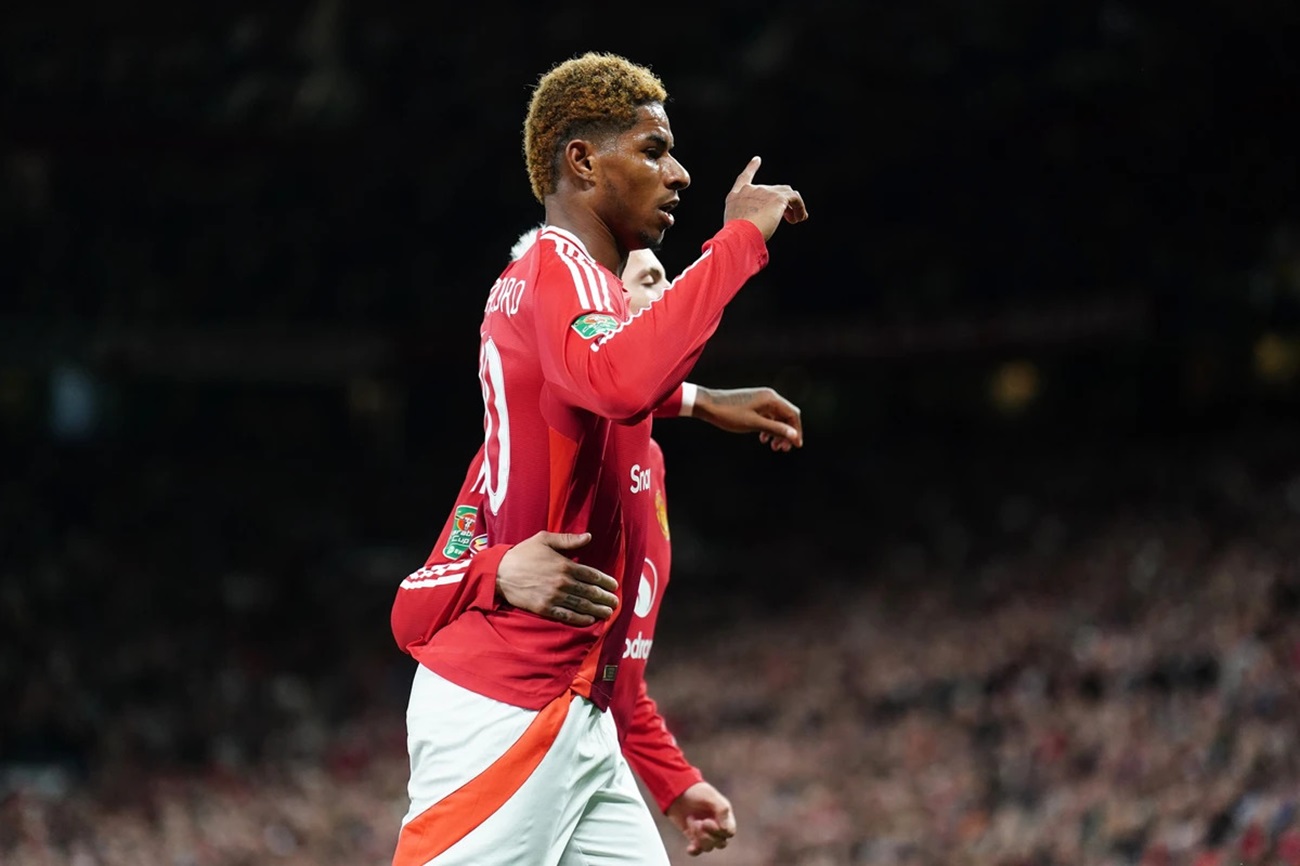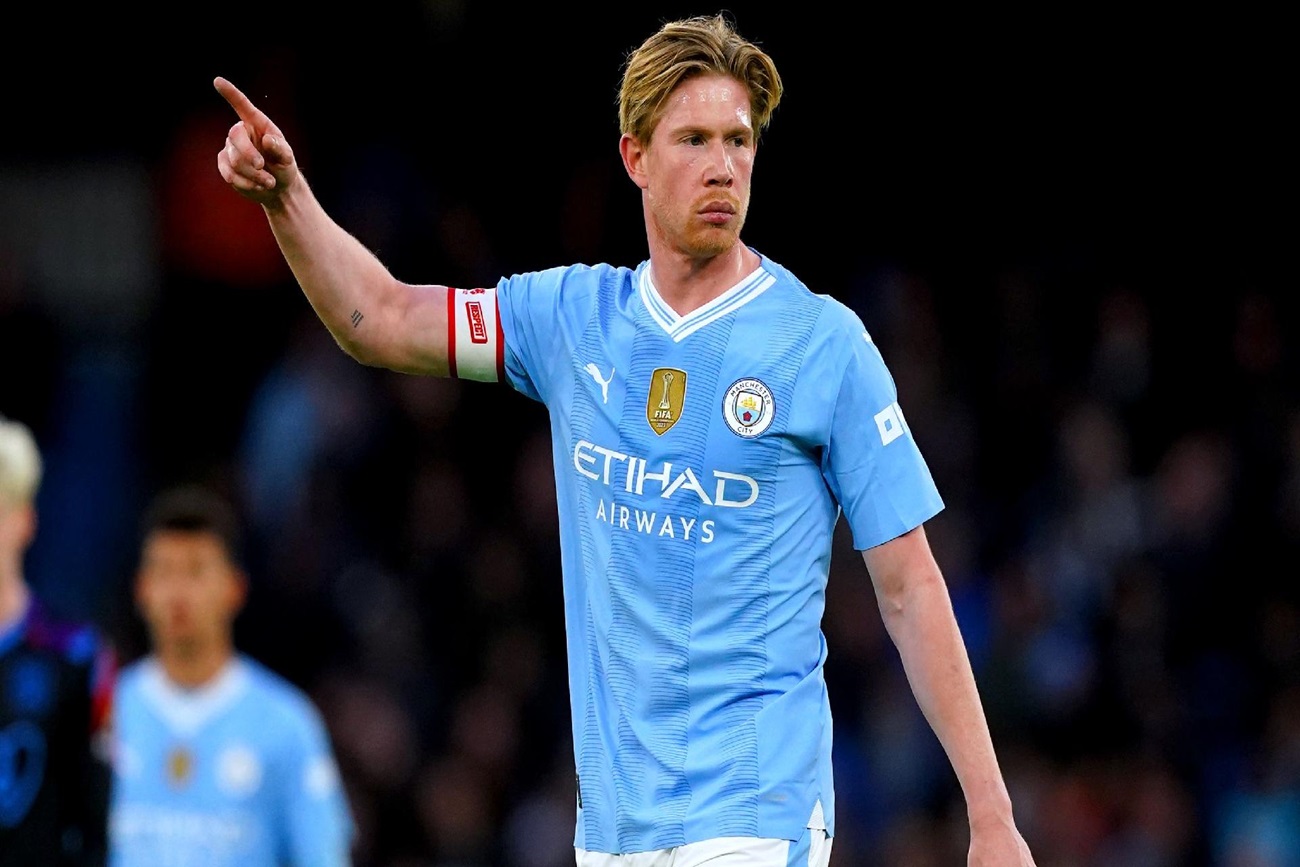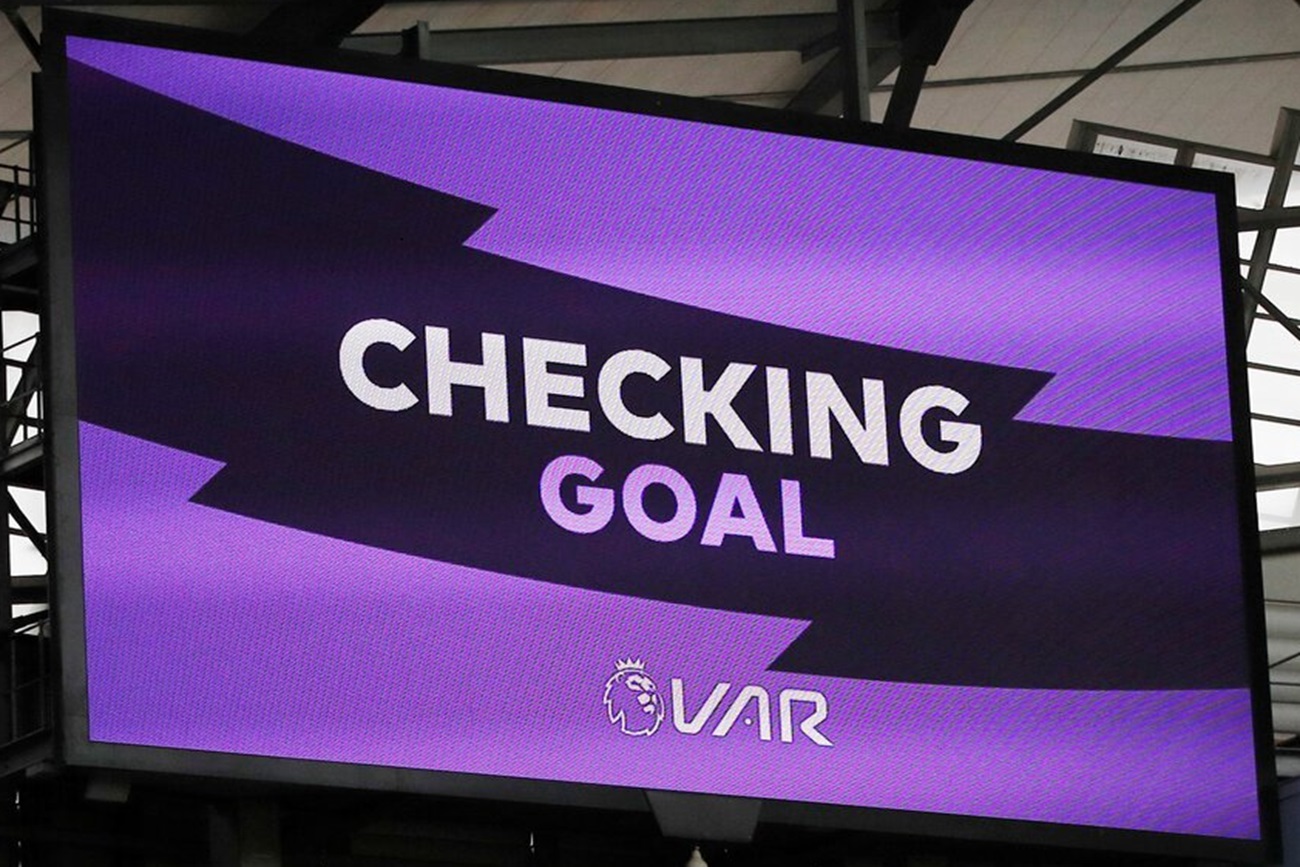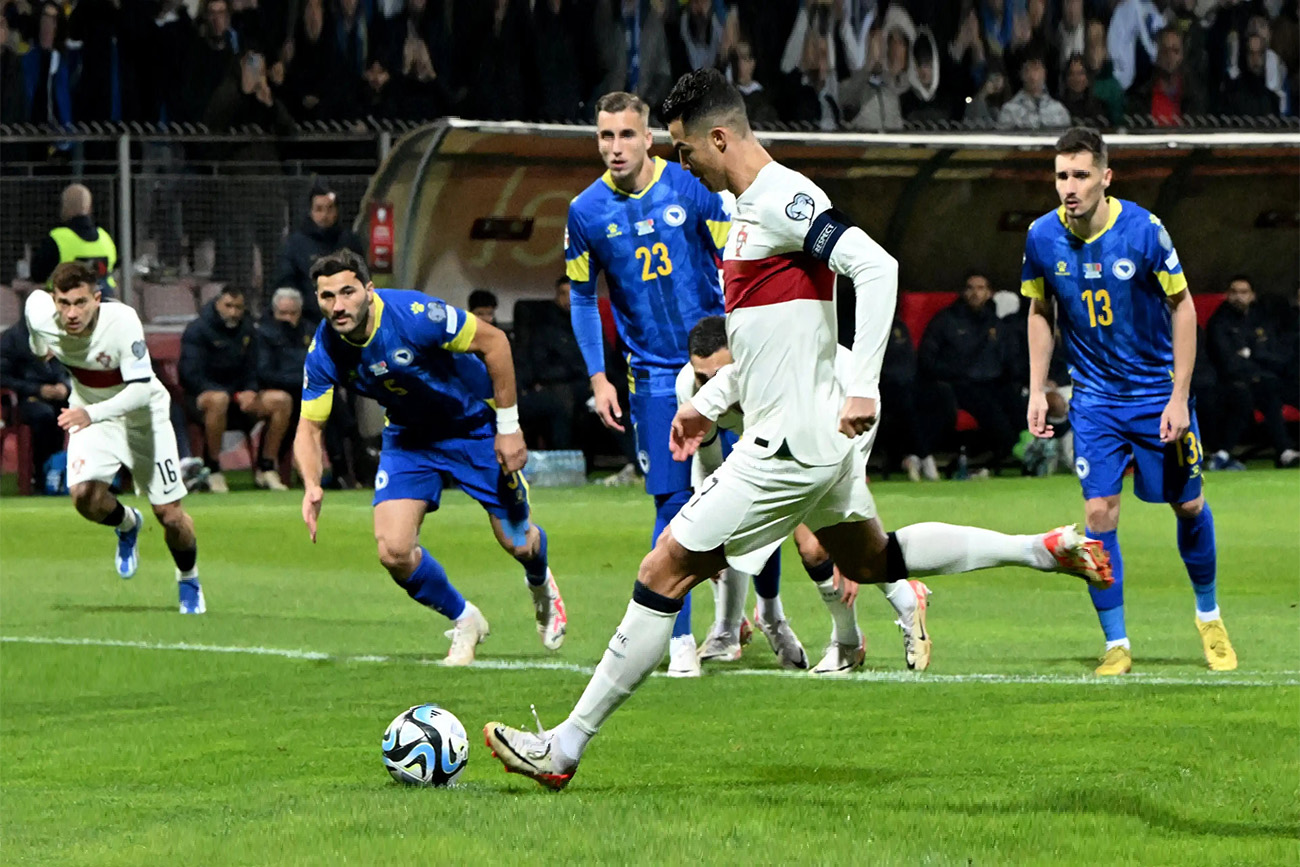
How Social Media Benfits Football
My experience at work placement made me realise that the best way to market a company/product is always through the different social media channels available. They provide the perfect platform for customer engagement and great insights into how well a post has done in terms of shares and reach.
Social media is so “ubiquitous and familiar” that it is easily forgotten how central and pivotal it is to everyday life. It is evident as football has become readily accessible across different media devices and platforms. These platforms provide a way for fans to connect with their favourite teams, players, and other supporters worldwide. Football on social media is used for sourcing news, gossip, and opinions from football fans whether it be for good or bad reasons.
Unfortunately, social media also has its downsides due to the anonymity of users and weak age restrictions. These produce what is known as an internet troll and you can read this blog to understand what they are. Hence with this prior knowledge, I knew that with social media marketing, there will always be those one or two ‘troll’ comments which you can now delete and ignore on your social media platforms.
Football is a world-renowned sport part of the sporting industry. Therefore many sports, including football saw a niche for it to be exploited commercially through major sponsorship deals with brands and television. These were all communicated to the audience via their social media channels with the brands and football teams tagging each other to ensure both sets of audiences view their post. This emphasises how significant social media is as a platform for supporters/followers to interact with their favourite brands and football teams through their collaboration.
Whilst browsing through the football academy channels (where I did my placement) I saw the value of these sponsorships as they helped them expand their reach to different consumers around the country. This certainly helps when it comes to marketing as it enables your name to be in the spotlight for a large audience to see. A blog by data scientist Jess Blisset explains further what the benefits of sponsors have on marketing in sports in general.
As a football fan, I can say that this sport is unique and distinct compared to most other sports or non-sporting organisations. Social media has become more influential for all sporting teams to maintain engagement with their fans, local communities, and societies. Even football players use these platforms to take “proactive control” over their communications whether it be for political or societal reasons. A good example of this is the campaign started by Manchester United star Marcus Rashford where he used his influential platform to help those in need. It showed how marketing his campaign on social media was significant as many online shared his posts and pressurised the government to act. As a result, help save millions of children’s lives. It was clear to me, that social media platforms are influential for marketing if you show your passion and belief as in football those two traits are often highly valued by the fans.
The relationship between football and social media will continue to grow and transform in the years to come. Commercialisation and the digitalisation of the sport have illustrated the evolving influence social media has on football and how it provides a platform to market your football club’s ethos and environment to a vast array of people across the world.
Using what I have learnt in theory and practice at my placement, I can say that social media plays a huge part in marketing for a football club.
